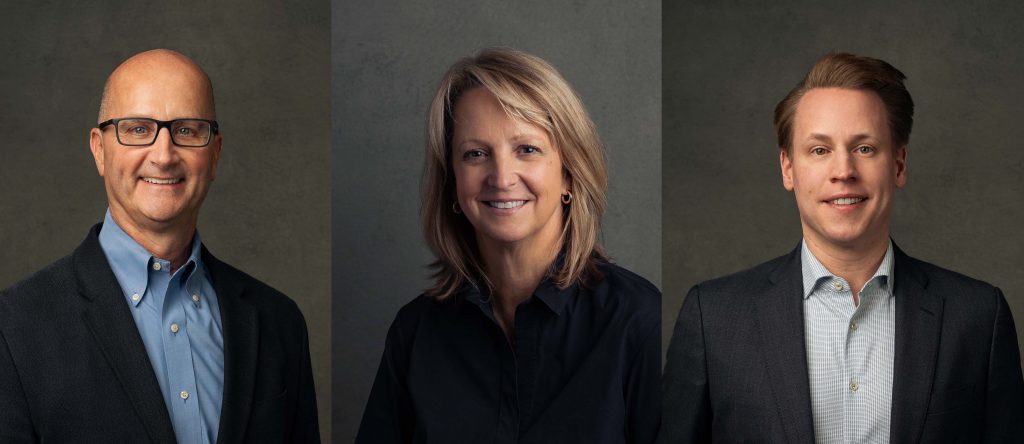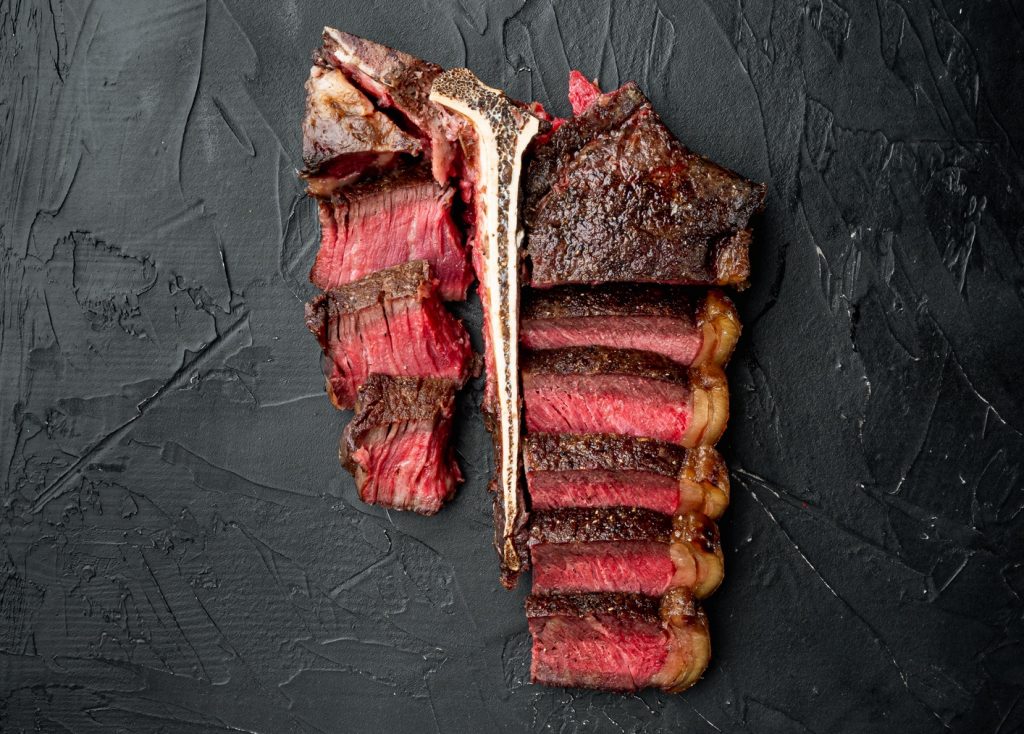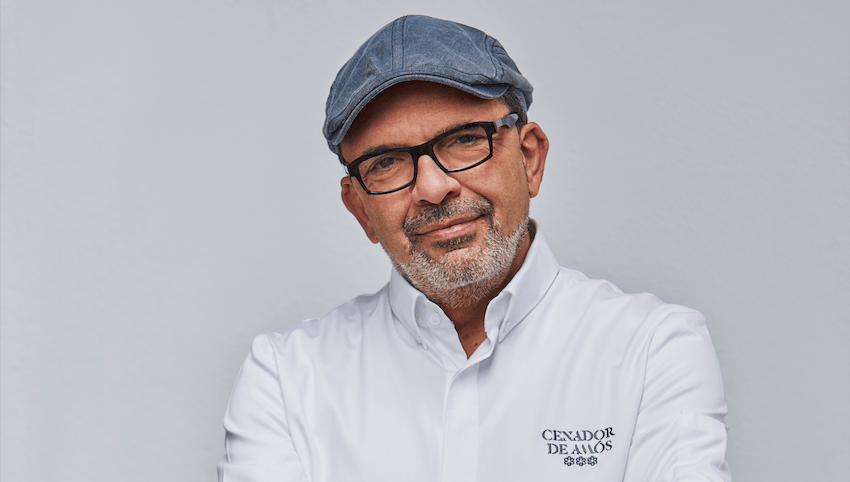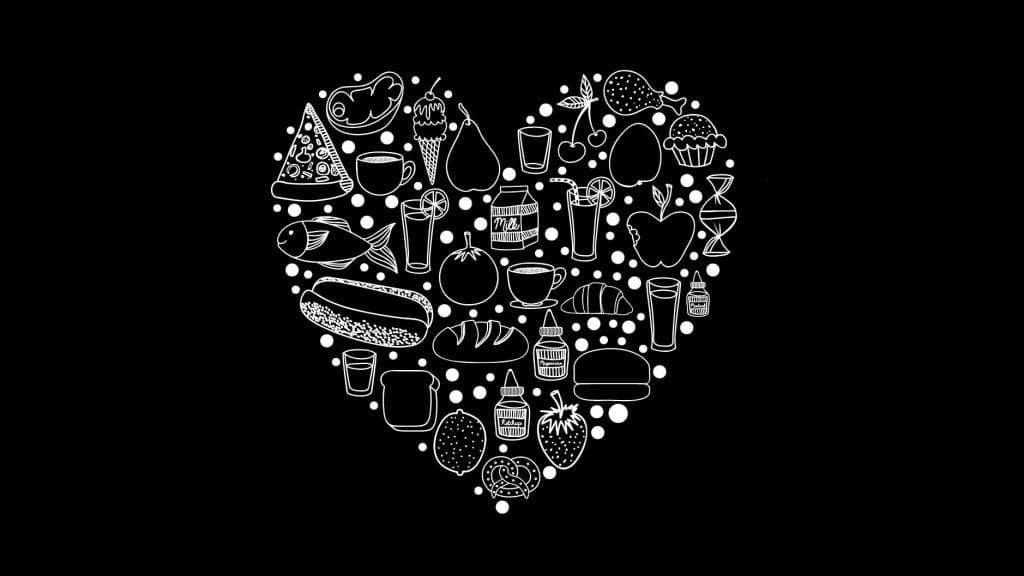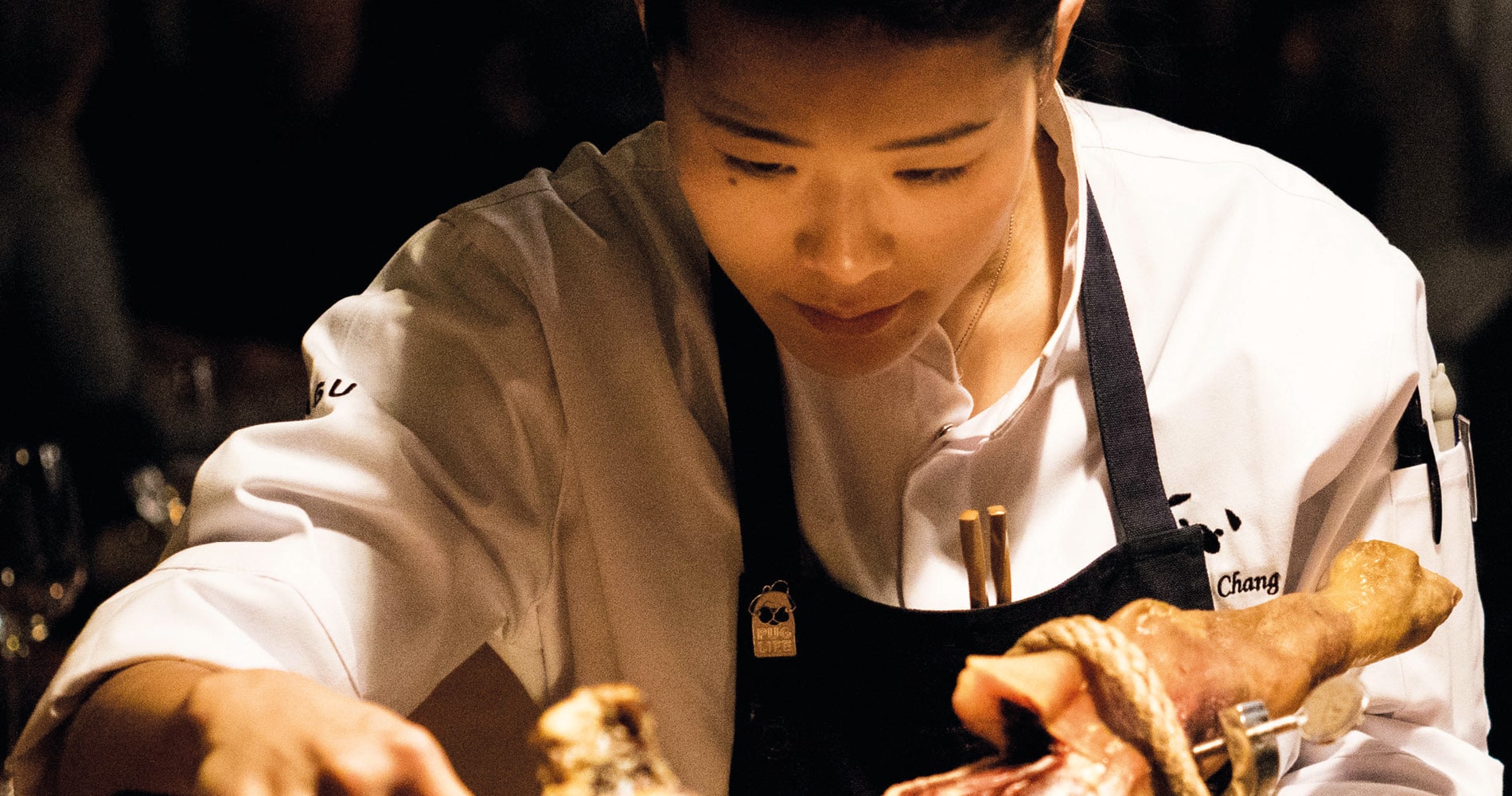
Tracy Chang knows she is swimming against the tide. As the hospitality world slowly begins to reopen after a year of Covid-enforced closures, the chef owner of Boston restaurant Pagu is keeping her dining room shut.
She has focused her efforts on patio dining, takeout services and non-profit work. She was recognized for the latter as a finalist in the 2020 Basque Culinary World Prize, awarded to chefs who make an impact beyond the kitchen.
The first time we spoke, in the fall of 2020, she explained how her own personal situation had helped to make her mind up. “If you are not living with someone that you can compromise or you don’t know anyone who has gotten sick or died from this, then you are probably more willing to take risks,” she said. “I live with a 9-month-old as well as a 72-year-old and I do know people who have passed away, either from Covid or because they couldn’t get the care they needed during Covid. That definitely influences my decision-making.”
Seven months later, in April 2021, we speak again, six weeks after the arrival of Chang’s second child. A successful vaccine rollout means restrictions in Boston have eased – restaurants can now seat up to 100 diners indoors and up to 150 outdoors – but at Pagu outdoor dining remains the only option for on-premise customers.
“I have talked to fellow colleagues and friends who have had employees hospitalized and even employee deaths – that is not where I want to be,” she says. “Is it worth the extra revenue putting someone’s life at risk? I don’t think it is.”
She describes seeing restaurants fundraising when an employee has passed due to Covid-19. “They’ll say, ‘let’s help fundraise for this deceased employee’s family’. It is better than doing nothing, but you put people at risk and there is no accountability,” she says. “I can’t do that.”
For Chang, her employees’ safety has been front and center throughout the pandemic. “These essential workers are not really getting a choice or a voice and they can’t work from home. The jobs they do carry all sorts of exposure,” she says.
From the first wave, her solution was to introduce a car-pooling system. As one of the people in the business with a license, Chang took on a fair bit of the driving responsibilities, picking up team members on the way to the restaurant. It’s been an eye-opening experience. “It gave me time to spend with them and talk about their day-to-day outside the restaurant, to understand their lives better,” she says.
Before she opened Pagu in 2017 she had imagined she’d be ideally placed as a boss, with experience of living in other countries and the ability to speak several languages. “Yes, I thought I had a huge advantage going into this and to a certain extent I did, but I really did not know as much as I do now about these people I work with,” she says. “Now, I have heard their stories about their lives and how they got here; what it was like to first arrive here from El Salvador or Colombia, in a T-shirt riding across the border.”
The daughter of immigrants from Taiwan herself, Chang has an insight into the complexities of immigration, but is far from comparing her own family’s experience with those of her employees.
“I am sure my dad was bullied and I am sure he had a difficult time, but it is very different from running across the border, taking three buses from Mexico all the way up to Massachusetts,” she says. “He definitely had fewer moments of risking his life while my employees have risked theirs multiple times.”
The American dream
Her grandmother originally came to Texas from Taiwan before moving to Massachusetts. She was joined by Chang’s father when he was 12 and came with two of his brothers. “They didn’t come from wealth, but they understood the importance of education and the three sons she raised here all went on to get scholarships to Ivy League schools,” she says. “My dad went to Harvard and became a pediatrician. So, that’s like the American dream, right?”
Her mother, on the other hand came to the US, also from Taiwan and also through Texas, in her twenties to go to graduate school. “She had studied nutrition and went on to study computer science in graduate school.”
Chang grew up surrounded by family. Her grandmother made the move to the US in her sixties. She had been a midwife her entire life, but decided to try something new and opened a Japanese restaurant. “She loved cooking but she had never run a restaurant before. So, she decided she was going to ask everyone to pitch in their savings and time to help her open the restaurant. She opened a small restaurant followed by a larger one, which was the Japanese restaurant here in Cambridge, Massachusetts.”
Chang remembers scooping ice cream and playing hide and seek in her grandmother’s restaurant; she was too young to work there, but in her fifth-grade autobiography declared that one day she was going to take over the business.
Changing the rules
Getting to her first job in the kitchen would take a bit longer. Conscious that the opportunities open to her had not been available to her parents, she followed the seemingly more sensible educational path. “I was coached by my parents, my uncle and everyone around me to get an education. These were all privileges that my parents barely had and they wanted us to have that. So, yes, I went to college,” she explains.
Thinking she wanted to follow in her father’s footsteps and become a surgeon, she was pre-med to start, but was quickly jaded by the environment. She recalls a specific event when she worked as a receptionist in a doctor’s office.
When a teenager turned up at the doctor’s office in need of help, Chang let her in without a second thought, but she was quickly reprimanded for letting in a patient who didn’t have health insurance. “I was the first line when people came in for help and because she seemed like she really needed it I let her through, but I got yelled at because she didn’t have health insurance,” she recalls. “I remember thinking, ‘are you really turning her away? She might just need professional advice’.”
It was a moment that crystallized her thoughts on the future. “I realized I didn’t want to be in an industry where I can’t change the rules,” she says.She dropped out and moved to finance instead. “I was good at maths and I liked case studies and spreadsheets,” she says. But it was 2009, the recession hit and finance turned out to be a less viable career. The time had come to turn her attention to restaurants.
“I was spending more time cooking than studying or trying to get a job in banking anyway,” she says. She applied for a job as a host in a Boston restaurant O Ya, but explained that she was really interested in working in the kitchen and put together a portfolio of dishes. “I told them I like to cook, I think I am pretty good at it, that my grandmother had a restaurant, but I had no idea what it really takes,” she recalls. “I just told them I’d like to give it a shot.”
The restaurant asked her to come in and do some prep work. “From that point, I never asked myself what I wanted to do with my life,” she says. “My friends who did go into banking asked themselves at every point what they wanted to do next or if they were doing what they really wanted. Of course, I had to make decisions too but I never asked myself, ‘do I want to give banking a try?’.”
Ultimately, she made decisions that took her beyond just being “a slave over the stove” as her mum had worried. She traveled to Paris to study pastry, won a scholarship that took her to Spain to cook in the restaurant of renowned chef Martin Berasetegui. These experiences opened her eyes to a world she never knew even existed. “I didn’t know that you could just show up on doorsteps in France and Spain and they would give you a room and work,” she says.
Doing something about it
Her move to cooking gave her a sense of mandate that she did not feel in that doctor’s office. “What I found to be different about the culinary world is if someone comes to me today to ask for help I feel more empowered to do something about it rather than saying ‘these are the rules’. I find myself more often saying ‘these are the rules so how can we do something about it?’”
Her desire to make a difference and make it count came into focus last year when the pandemic hit. She launched Off Their Plate, a project that saw restaurants delivering food to healthcare workers, in March 2020 with a group of similar minded friends and colleagues, among them Irene Li from women-owned restaurant Mei Mei.
Today, Off Their Plate has pivoted away from the large healthcare organizations and works with community organizations; specifically, with women of color businesses. “What was happening was that all the surplus was not really being audited, there were meals that were going uneaten and these healthcare workers were telling us, ‘Thank you, it is really wonderful but I have a job and I have a salary, you should give food to people who need it’,” she says.
They concluded that the most vulnerable people were not actually healthcare workers, but the restaurant employees. “These are the immigrant employees who had no option but to work and be at risk of getting Covid. Of course, healthcare workers are at risk, but they’re not the most vulnerable.”
This process got the next project off the ground. Project Restore Us was started in May 2020 as a program to supply restaurant employees with the groceries to feed themselves and their families. “We decided that groceries were a better way to provide greater value than prepared meals. Ultimately we can stretch the dollar further with groceries.”
Chang and the team source nutritious goods and bulk dried goods that have a shelf life beyond the three or four days of a prepared meal and, working with community organizations, deliver boxes of groceries to those most in need. “We are not going into a community saying ‘we think we know the problem, we’ll be the consultant, we’ll give you the solution’. That would be really tone-deaf and so these organizations have been around for decades, we get in touch with them and ask what their recipients need,” says Chang.
The staple box content includes a 25 pound bag of rice and a 25 pound bag of beans, depending on the demographics. “The box is tailored; a Vietnamese family might get noodles while a Latinx family get beans and they might get masa where Vietnamese get cabbage,” she explains.
A year on from launch, Project Restore Us has served hundreds of thousands of families, powered by an expanding network of volunteers and funded by donations and grants. “We are kind of surprised that something like this didn’t exist beforehand, but I think it is a logistical challenge,” says Chang.
Serving the community
As a relatively new restaurant owner, this time of pandemic restrictions has been a major challenge, financially and practically. It will most likely also serve to inform how Chang runs things in the future after the pandemic passes.
Opening a restaurant is never easy; in hindsight she says she wishes she’d been brave enough to go more with her gut feelings. “You have to keep selling to keep the restaurant busy or you have to keep managing to make sure your expenses and your labor and everything is in line. And you’re balancing it all to make sure you’re not losing too much money.”
Covid, she says, in a weird way has been a blessing in disguise. “It has forced us to reinvent ourselves. I still have similar problems to manage. I guess I have to keep the restaurant busy to a certain extent in terms of sales and manage the expenses, but that part feels a little easier,” she says.
“It all feels much more authentic because the work we are doing is much more meaningful and I don’t need a PR firm to sell that,” she concludes.
“Before, we served people who had the disposable income to come dine with us and now we serve people who need to eat. Everybody needs to eat, so it is a silly thing to say, but I think just because Covid is more under control or we know more about it, doesn’t mean that food insecurity ever goes away. It has really changed us – we have re-evaluated what our core values are in this community,” she says. “We should not forget about the people who we depend on to operate our business and the communities they live in; those communities are our communities”
Her hope is that she can set an example and show others how they too can make a difference. “If we behave this way other restaurants will see that it is possible to do those things for their employees and for the communities their employees live in,” she says. “It is not difficult, you just have to take the time to do it and if we don’t do it we are not going to have a restaurant industry, who is going to work in the restaurant industry? If you don’t take care of your community then there won’t be an industry workforce in the future.”
Tina Nielsen

